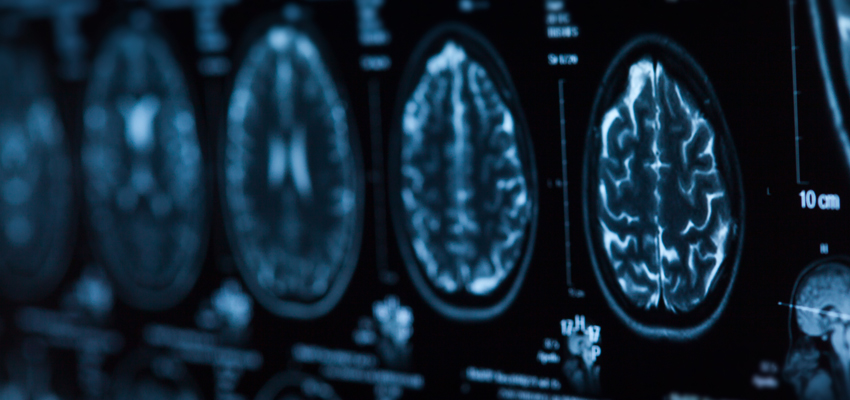Neurology & Neuromedicine
Neurology and neuromedicine are closely related medical specialties that focus on the diagnosis and treatment of disorders affecting the nervous system. While neurology traditionally deals with diseases of the central and peripheral nervous systems, neuromedicine encompasses a broader approach, incorporating neurological conditions along with other medical disciplines to provide comprehensive care for patients with complex neurologic disorders.
-
Neurology: Neurology is the branch of medicine that deals with the diagnosis and treatment of diseases and conditions affecting the central nervous system (brain and spinal cord), peripheral nervous system (nerves outside the brain and spinal cord), and muscles. Neurologists are medical doctors who specialize in evaluating and managing a wide range of neurological disorders, including stroke, epilepsy, multiple sclerosis, Parkinson's disease, Alzheimer's disease, migraine, neuropathy, and movement disorders. They use various diagnostic techniques, such as neurological examinations, imaging studies (such as MRI and CT scans), electrodiagnostic tests (such as EEG and EMG), and cerebrospinal fluid analysis, to assess and diagnose neurological conditions. Treatment options may include medications, physical therapy, occupational therapy, speech therapy, surgical interventions, and lifestyle modifications to manage symptoms and improve quality of life for patients with neurological disorders.
-
Neuromedicine: Neuromedicine is an interdisciplinary field that encompasses neurology along with other medical specialties, such as neurosurgery, neuroradiology, neuro-oncology, neuro-ophthalmology, neuro-otology, neurogenetics, and neurorehabilitation. It focuses on providing holistic and multidisciplinary care for patients with complex neurologic conditions, integrating expertise from various medical disciplines to address the diverse needs of patients with neurological disorders. Neuromedicine emphasizes collaborative approaches to diagnosis, treatment, and management, involving neurologists, neurosurgeons, neuro-radiologists, oncologists, rehabilitation specialists, and other healthcare professionals to develop personalized care plans tailored to each patient's specific condition and individual needs. Neuromedicine aims to optimize patient outcomes, enhance quality of life, and promote holistic well-being for individuals with neurological disorders through comprehensive and coordinated care.
Overall, neurology and neuromedicine play crucial roles in diagnosing and treating a wide range of neurological disorders, from common conditions like headaches and neuropathies to more complex diseases such as brain tumors and neurodegenerative disorders. By integrating expertise from multiple medical specialties, neuromedicine offers a comprehensive and patient-centered approach to managing neurological conditions, improving outcomes, and enhancing quality of life for patients with neurological disorders.

